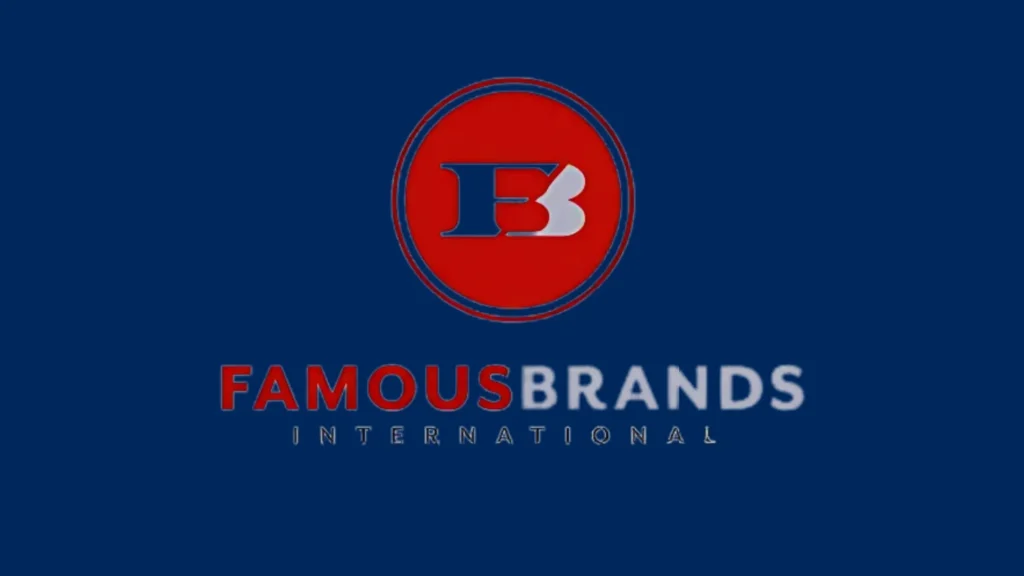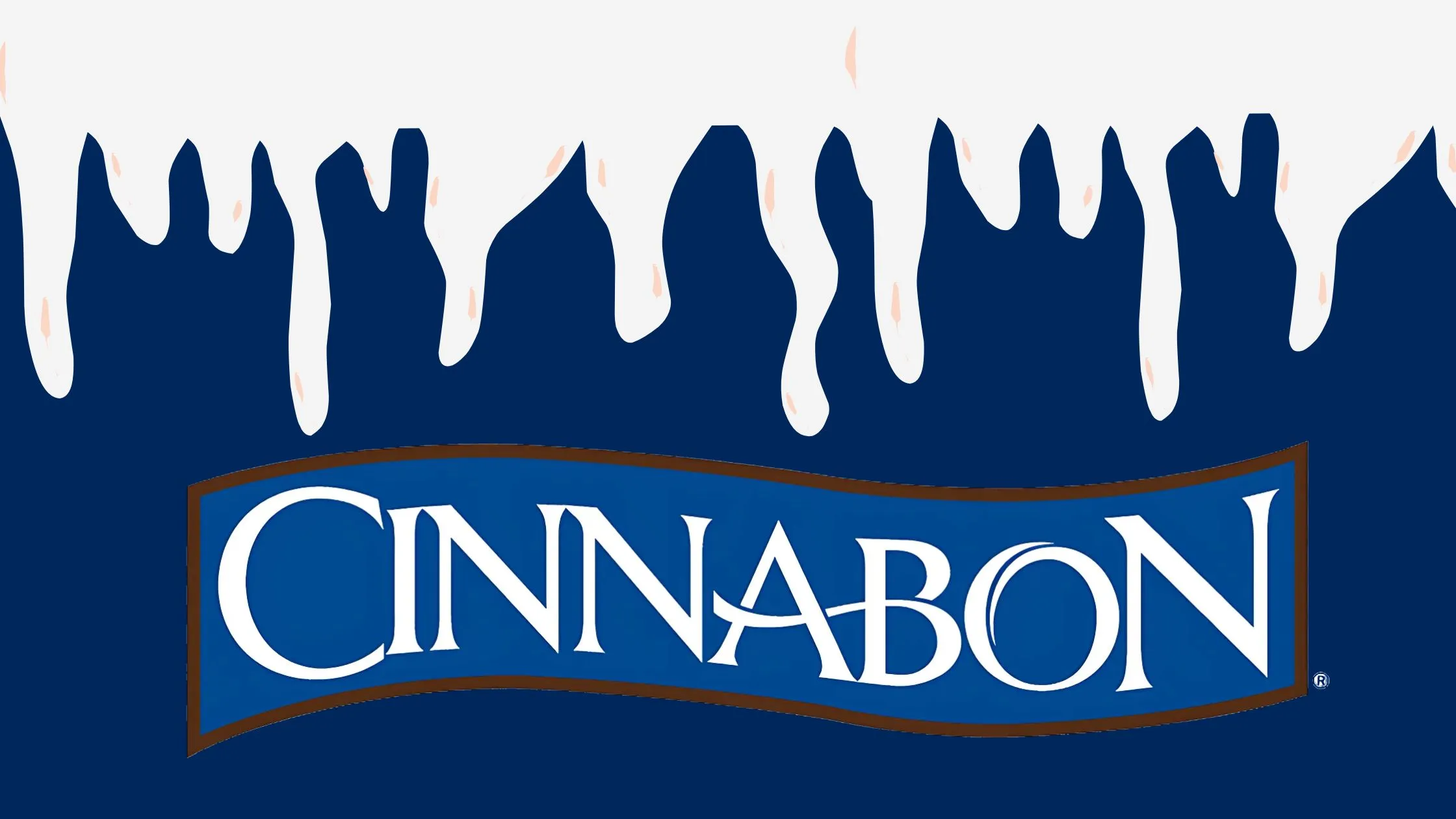Cinnabon is one of the most iconic brands in the world, known for its delicious, aromatic cinnamon rolls that have won over the taste buds of millions of people worldwide. If you’ve ever walked through a mall, airport, or busy shopping area, you’ve likely smelled the sweet scent of freshly baked Cinnabon rolls wafting through the air, drawing you in for a warm, gooey treat. But have you ever wondered who owns Cinnabon, and how the company has achieved such widespread recognition? In this detailed article, we will explore the history of Cinnabon, who currently owns it, and how the brand has grown over the years.
The Origins of Cinnabon
Before diving into who owns Cinnabon today, it’s important to understand its origins and how the brand got to where it is now.
Cinnabon was founded in 1985 by Rich Komen and Gerald J. McGhee. The pair were passionate about creating a perfect cinnamon roll that was not only tasty but also aromatic, bringing an inviting scent to locations like malls and airports. Their goal was to craft a cinnamon roll that would stand out from other baked goods on the market. After many trials and perfecting their recipe, they launched Cinnabon with the vision of turning it into a global brand.
The first Cinnabon store was opened in Seattle, Washington, in 1985. This small store quickly became a success, thanks to its warm, fresh cinnamon rolls and a clever marketing strategy that made the brand immediately recognizable. The signature roll, topped with cream cheese frosting, became the company’s flagship product.
Cinnabon began expanding rapidly in the 1990s, opening locations not only in the United States but also abroad. The brand’s presence in shopping malls, airports, and other high-traffic locations played a big role in its popularity. It wasn’t long before Cinnabon became synonymous with a sweet, indulgent treat enjoyed by people from all walks of life.
Ownership and Management Changes Over Time
When Cinnabon was founded, it was owned by Rich Komen and Gerald J. McGhee. However, like many successful businesses, the company went through changes in ownership as it grew, expanded, and became more successful.
In 1998, Cinnabon was purchased by The FOCUS Brands Group. Focus Brands is a large company that specializes in managing and operating a variety of food brands. At the time, the decision to sell was a strategic move by Cinnabon’s founders, allowing the brand to tap into greater resources for further expansion and reach a global market.
In 2004, Focus Brands was acquired by Arcapita, an investment firm that helped to further develop Focus Brands’ portfolio. However, it was not until later that the company’s ownership structure would evolve further. Today, Famous Brands International is the main entity overseeing Cinnabon’s operations, and it’s part of a large group of companies that manage a portfolio of popular food brands.
Who Owns Cinnabon Today?

As of today, Cinnabon is owned by Famous Brands International, a subsidiary of Famous Brands. Famous Brands International is a global brand management company that focuses on expanding and managing the growth of food brands in various markets. Famous Brands itself is based in South Africa and has a wide range of food-related brands in its portfolio.
Famous Brands International manages multiple brands in the quick-service restaurant (QSR) and snack food sectors. It has a robust portfolio that includes names like Auntie Anne’s, Jamba Juice, Schlotzsky’s, and Carvel Ice Cream, in addition to Cinnabon. The company focuses on acquiring, managing, and expanding food brands, often using its extensive resources to develop a global presence for each brand in its portfolio.
Famous Brands International helps Cinnabon with its international expansion and marketing strategies. It manages Cinnabon’s operations, partnerships, and franchise opportunities across the world. The company also oversees Cinnabon’s product development, innovation, and marketing efforts to ensure the brand stays relevant in the competitive world of snacks and baked goods.
The Role of Cinnabon’s Franchise System
Cinnabon’s success is largely built on its extensive franchise model. Today, the company operates more than 1,200 locations worldwide, and a significant number of these are franchised locations. The franchise system allows entrepreneurs around the world to open their own Cinnabon stores and sell its famous cinnamon rolls, contributing to the brand’s global footprint.
Cinnabon’s franchise opportunities are offered through Famous Brands International, and the franchise model is a key element of how Cinnabon has been able to expand rapidly. Franchising allows Cinnabon to reach new markets and new customers without the need for the company to directly manage every single location. This business model has allowed the brand to grow into a global presence with locations in over 50 countries.
Through its franchised locations, Cinnabon has been able to reach customers in a variety of settings, from shopping malls to airports, sports arenas, and even cruise ships. This flexibility in location types has made Cinnabon a household name, and its recognizable scent continues to attract customers wherever it goes.
Cinnabon’s Global Presence and Brand Identity
Cinnabon’s success has not only been due to its ownership structure but also because of the brand identity it has carefully cultivated over the years. Known for its warm, gooey cinnamon rolls topped with delicious cream cheese frosting, Cinnabon has managed to create a sensory experience that goes beyond just a snack—it’s a treat that appeals to all the senses, especially through its enticing aroma.
The brand has also leaned into its connection with comfort and indulgence, positioning itself as a place where customers can enjoy a sweet escape from their everyday lives. This focus on indulgence and comfort has allowed Cinnabon to stay relevant, even in a competitive marketplace filled with fast food chains and snack options.
In addition to its classic cinnamon rolls, Cinnabon has diversified its menu over time. It has introduced new products like Cinnabon Delights, CinnaBites, and seasonal offerings like the Caramel Pecanbon to keep customers coming back for more. The brand’s innovation in product development and its ability to stay fresh in the eyes of customers is another reason why it continues to thrive under the ownership of Famous Brands International.
Famous Brands: The Parent Company of Cinnabon
The story of Cinnabon today cannot be complete without recognizing the role of Famous Brands, the South African-based parent company. Famous Brands has been involved in the food industry for many years and has expanded its portfolio by acquiring food-related brands that have significant potential for growth.
As a global leader in the quick-service restaurant industry, Famous Brands has been instrumental in ensuring that Cinnabon continues to grow in both established and emerging markets. Through its leadership and support, Cinnabon has not only remained an iconic brand but also continued to innovate and expand its reach.
Conclusion
Cinnabon’s ownership has evolved over the years, from its founding in 1985 by Rich Komen and Gerald J. McGhee to its current ownership under Famous Brands International, a subsidiary of the South African company Famous Brands. The franchise model has been crucial in Cinnabon’s expansion, allowing the brand to spread globally and reach customers in many different countries.
Cinnabon’s success can be attributed to more than just ownership—it’s about the brand’s commitment to providing an exceptional product and creating a sensory experience that makes people want to return for more. Today, Cinnabon is one of the most recognizable brands in the world, and with the continued backing of Famous Brands International, it will likely remain a leader in the food industry for years to come.
Whether you’re enjoying a cinnamon roll at your local mall or airport, or savoring a new product from their seasonal menu, Cinnabon’s success story continues to unfold, with ownership and management driving it to new heights.

